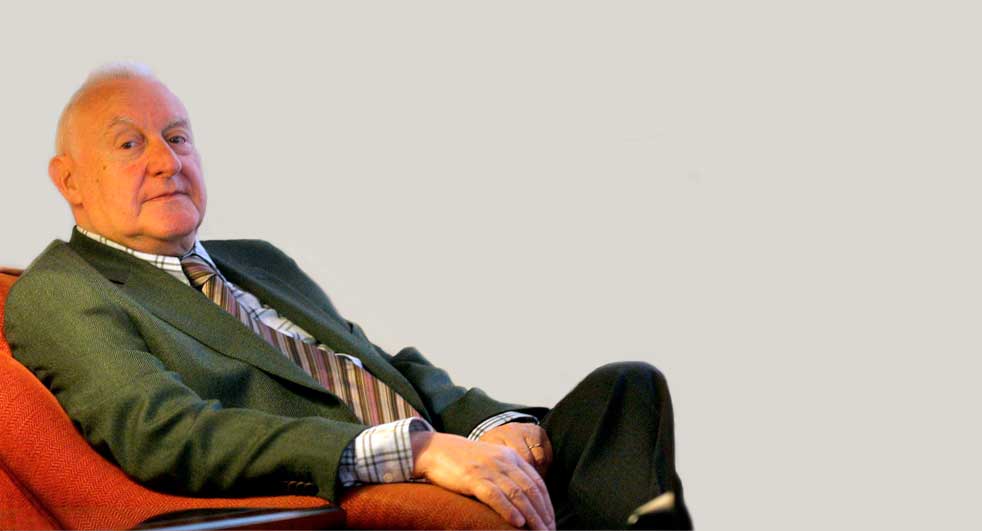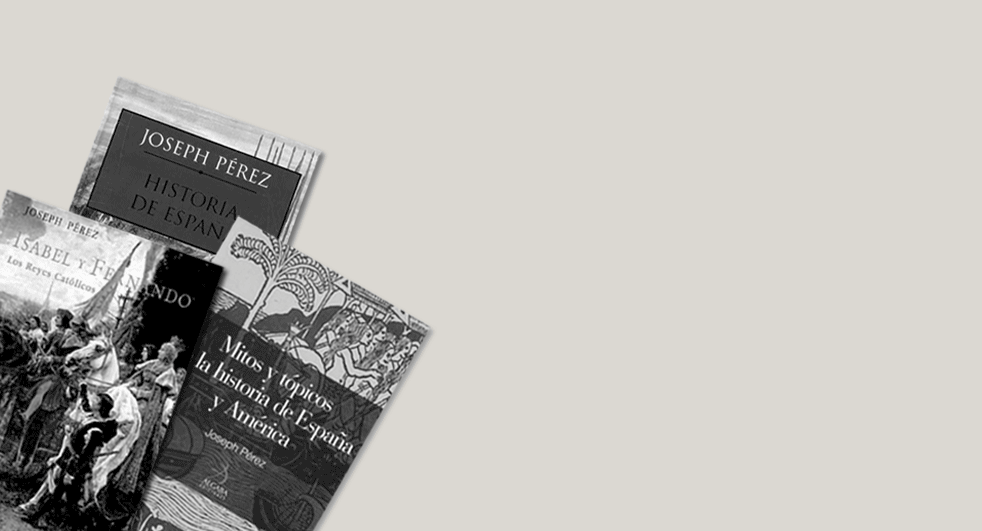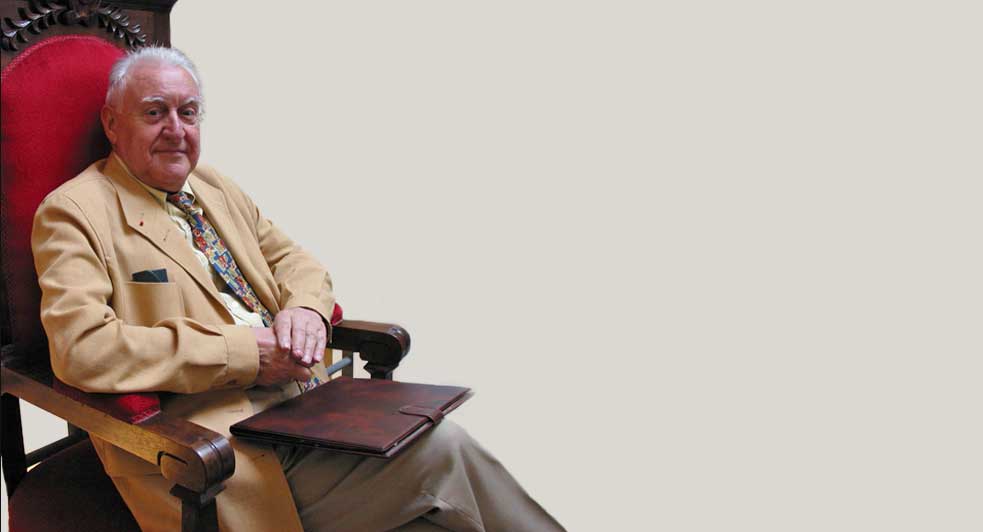At its meeting in Oviedo, the Jury for the 2014 Prince of Asturias Award for Social Sciences, made up of Victoria Camps Cervera, Marta Elvira Rojo, Inés Fernández-Ordóñez Hernández, María Garaña Corces, Isabel Gómez-Acebo y Duque de Estrada, Mauro Guillén Rodríguez, Carmen Iglesias Cano, Adolfo Menéndez Menéndez, José Manuel Otero Novas, Carmen Pérez Die, Rafael Puyol Antolín y Amelia Valcárcel Bernaldo de Quirós,: chaired by Aurelio Menéndez Menéndez, Marquis of Ibias, and with Mr Juan Vázquez García acting as secretary, has decided to bestow the 2014 Prince of Asturias Award for Social Sciences on the French historian Joseph Pérez for his contribution to the research and dissemination of the history of Spain and the Americas.
Joseph Pérez has specialized in the study of the Spanish monarchy and Spanish society and culture in the modern era. His work has revolutionized our way of interpreting episodes that are crucial for understanding the history of the West and Spanish American independence. Both heir and excellent successor to the Annales school of French Hispanic studies, he has contributed to dismantling many prejudices about the institutions and conflicts of the time, enriching the analysis of European history.
Oviedo, 14th May 2014




